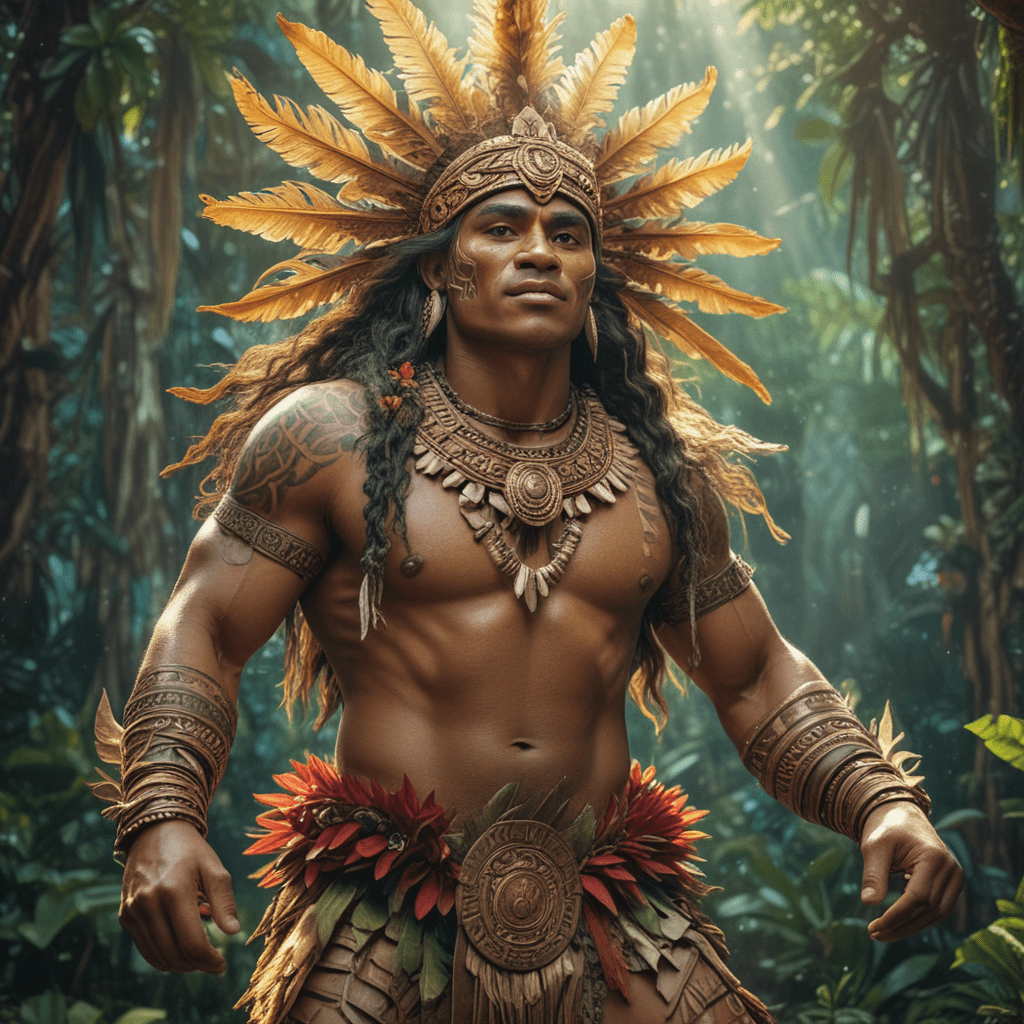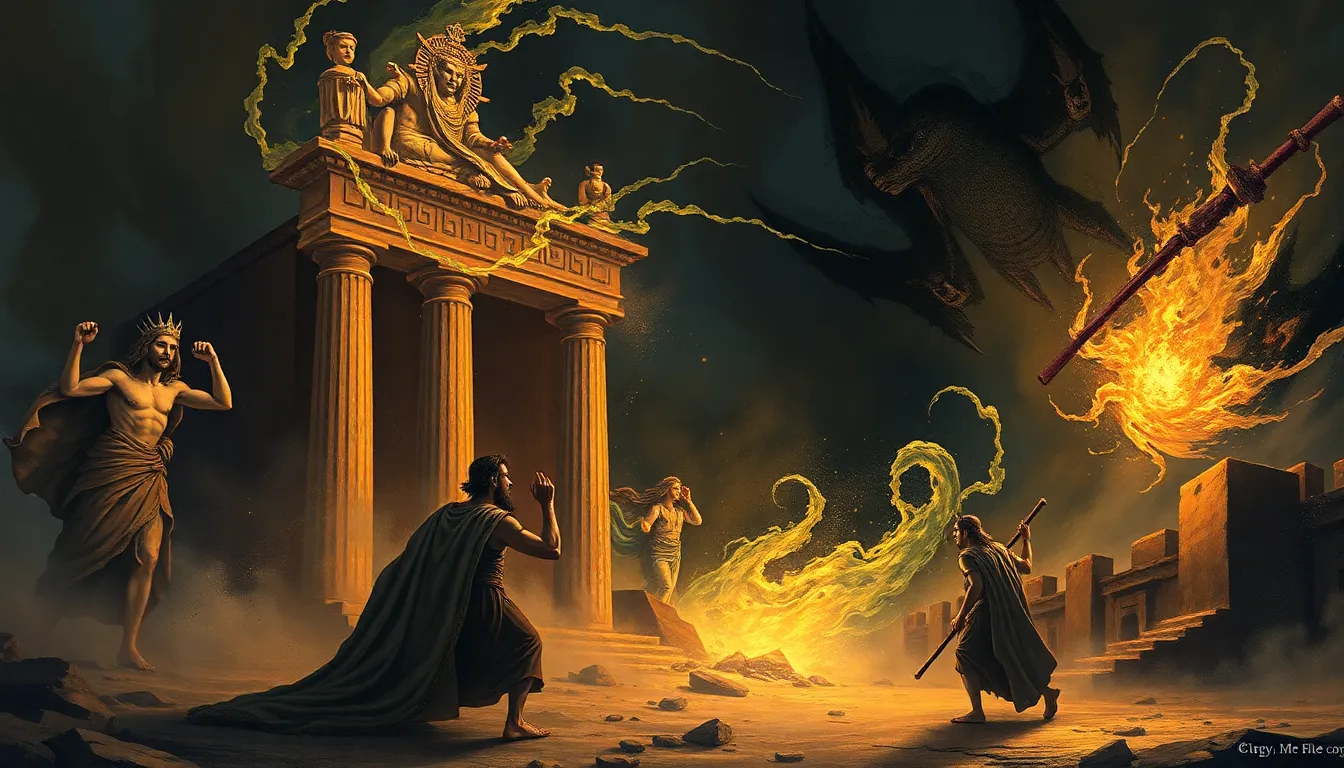Introduction
In the vast and captivating tapestry of human civilization, oral tradition stands as a vibrant and enduring thread, connecting generations and safeguarding cultural heritage. For the Polynesian people, oral tradition holds immense significance, serving as the cornerstone of their cultural identity and the repository of their cherished myths and legends. This article delves into the profound importance of oral tradition in preserving Polynesian mythology, exploring its intricate web of interconnected themes, rich symbolism, and profound impact on Polynesian society.
Oral Tradition as a Cornerstone of Polynesian Culture
Oral tradition is deeply embedded in the very fabric of Polynesian culture, permeating all aspects of life. From birth to death, from daily routines to momentous occasions, oral narratives provide a guiding framework, shaping beliefs, values, and behaviors. These stories are not merely entertainment; they are a living testament to the Polynesian people's profound connection to their ancestors, the environment, and the sacred realm.
The Transmission of Myths and Legends
Polynesian myths and legends are intricately woven into the tapestry of oral tradition, passed down through generations by revered storytellers known as kahuna. These skilled orators possess an exceptional memory and a deep understanding of their culture's history and beliefs. They gather in sacred spaces, such as temples or community centers, where they recite intricate tales that captivate listeners of all ages.
The Role of Storytellers and Orators
Storytellers and orators play a pivotal role in the transmission of Polynesian oral tradition. Through their eloquence and captivating performances, they bring myths and legends to life, connecting their audience with the past and inspiring them to embrace their cultural heritage. Their words paint vivid pictures, evoking emotions and conveying profound truths that resonate deeply with the Polynesian people.
The Preservation of Cultural History
Oral tradition serves as a living archive of Polynesian history and culture. In the absence of written records, myths and legends provide invaluable insights into the Polynesian people's origins, migrations, and social organization. They offer a glimpse into their ancient beliefs, rituals, and customs, preserving a rich tapestry of cultural knowledge that would otherwise be lost.
6. The Influence on Polynesian Society
Polynesian myths and legends exert a profound influence on Polynesian society, shaping their worldview, guiding their actions, and providing a sense of belonging and cultural identity. These stories teach valuable lessons about morality, courage, and the importance of honoring one's ancestors and the sacred realm. They reinforce social norms and promote cooperation, harmony, and respect within the community.
7. The Impact on Polynesian Art and Literature
The rich symbolism and vivid imagery of Polynesian oral tradition have found expression in Polynesian art and literature. Traditional tattoo designs, wood carvings, and tapa cloth paintings often depict scenes and characters from myths and legends. These artistic creations serve as visual representations of the Polynesian people's cultural heritage and provide a tangible connection to their ancestors.
8. The Challenges of Preserving Oral Tradition
Preserving oral tradition in the modern world poses significant challenges. The advent of written languages and the decline of traditional storytelling practices have led to a gradual erosion of oral knowledge. Additionally, globalization and cultural assimilation have threatened the continuity of Polynesian oral traditions.
9. Efforts to Document and Revitalize Oral Traditions
Recognizing the importance of preserving their cultural heritage, Polynesian communities and scholars have made concerted efforts to document and revitalize oral traditions. These efforts include recording and transcribing myths and legends, establishing cultural centers and schools, and organizing storytelling events. By fostering a renewed appreciation for oral tradition, these initiatives aim to ensure its preservation for future generations.
10. Conclusion
Oral tradition stands as an invaluable treasure for the Polynesian people, preserving their rich mythology and cultural heritage. Through the captivating words of skilled storytellers, myths and legends connect generations, shape values, and inspire creativity. Despite the challenges posed by modernity, concerted efforts are underway to document and revitalize oral traditions, ensuring that this vital aspect of Polynesian culture continues to thrive and enrich the lives of generations to come.
FAQ
What is the significance of oral tradition in Polynesian culture?
Oral tradition serves as the cornerstone of Polynesian culture, preserving myths and legends, shaping beliefs and values, and fostering a sense of cultural identity.
How are Polynesian myths and legends passed down?
Myths and legends are passed down through generations by revered storytellers known as kahuna, who possess exceptional memory and a deep understanding of their culture's history and beliefs.
What is the role of storytellers and orators in Polynesian culture?
Storytellers and orators play a pivotal role in transmitting oral tradition, captivating listeners with their eloquence and bringing myths and legends to life.
How does oral tradition contribute to the preservation of cultural history?
Oral tradition acts as a living archive of Polynesian history and culture, providing insights into their origins, migrations, social organization, and ancient beliefs.
What are the challenges faced in preserving oral tradition?
Preserving oral tradition faces challenges from the decline of storytelling practices, globalization, and cultural assimilation.



